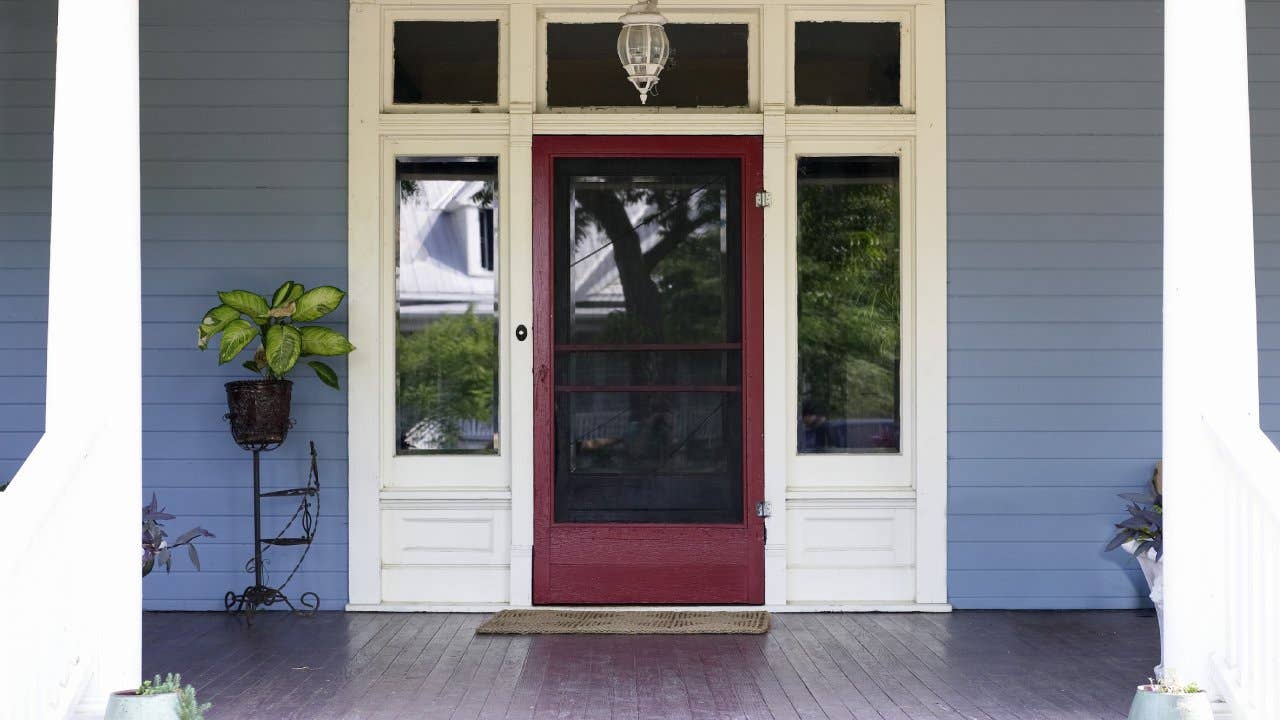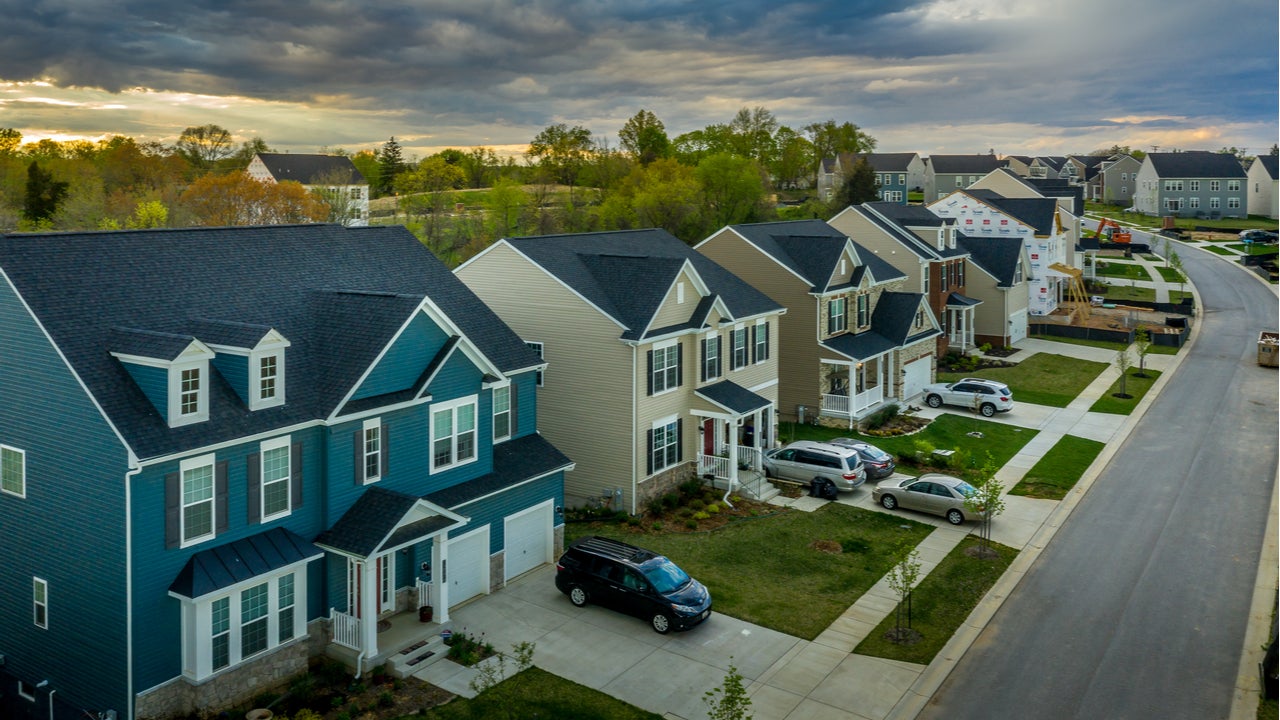The best online home value estimator tools

One of the most difficult aspects of the real estate market is estimating the value of a home. With local market conditions changing all the time, it can be hard to accurately price a property. In fact, there’s an entire industry dedicated to appraising homes and determining their value.
As technology has improved, many companies have tried to come up with accurate ways to put a price on individual homes. Here are some of the best online home value estimators — called automated valuation models, or AVMs — and how they work.
How home value estimators work
Using these tools is quick and easy: All you need is to provide the address and, in some cases, confirm some basic details about the home. Most work almost instantly, relying on algorithms and public records to gather information and determine how much a home is worth. The information can include the number of bedrooms and bathrooms, the square footage of the home and the size of the lot, as well as local sale records.
While these tools can be a useful starting point, keep in mind that they typically do not provide the most accurate pricing. Algorithms can only rely on the information available; they can’t account for things like a home’s condition or renovations made since the last public information was updated. A professional appraiser or real estate agent, however, can visit the home in person, assess the neighborhood as a whole as well as the individual property, perform more thorough market research and consider subjective details. These personalized assessments of a property’s fair market value will almost certainly be more accurate than an automated website’s.
Comparing the best online home value estimators
To compare each AVM below, we’ll use the same example property and run it through each tool to see how the results compare.
Our example property is 150 Seneca Parkway, a 4-bedroom/3-bath home in Rochester, New York. At the time of writing, the home was listed for sale at $399,000, which is not far off from the national median price. Here is how several leading tools estimated its value, ranging from well below list price to considerably above:
|
Platform |
Estimated Value |
|
Bank of America |
$277,489 |
|
Bankrate |
$380,100 |
|
Chase |
$368,100 |
|
Realtor.com |
$395,000 |
|
Redfin |
$376,721 |
|
RE/MAX |
$266,815 – $447,100 |
|
Zillow |
$380,100 |
Bank of America
Like most AVMs, Bank of America’s home valuation tool needs only a street address to come up with an estimate. It displays basic details of the home, such as the property type, square footage and number of bedrooms, alongside its estimated value. One unique offering here is a value history, showing an estimate of how the home’s value has changed over the past 20 years. You can also use the tool to compare the property to similar homes in the area.
Bankrate
Bankrate has its own easy-to-use home value estimator, which also requires only your street address. After you type it in, the tool will provide an approximate home value based on Zillow data. From there, you can also use Bankrate to connect with a local real estate agent to get a more accurate estimate, learn about tapping into your home equity or explore options for refinancing your mortgage.
Chase
Similarly, Chase’s home value estimator requires only the address of the home. Its tool allows you to adjust details of the home to see how it might influence the value. That allows you to correct inaccuracies, such as the wrong number of bedrooms or bathrooms listed, and also gives you the opportunity to see how additions or other home renovations could add to its value.
Ownerly
Online real estate platform Ownerly offers a home value estimator, but you must set up an account — and pay for a subscription. However, you can sign up for a seven-day trial membership for $1 or a premium trial for $5. Once you enter the home’s address, you’ll have to answer a few questions, such as whether you own the home in question and details of your ownership. When the search completes, you’ll have the chance to create an account, and only then will you be able to see the estimate.
Realtor.com
Realtor.com also doesn’t require any information beyond the home address for its RealEstimate. However, to look at more than the most basic details of the home, you’ll need to set up an account on the site. Once you create an account, you’ll have access to more information, including your approximate equity, buyer demand for similar homes and a history of the property’s value.
Redfin
Redfin displays value estimates on the home profiles on its website. It says it bases its estimates on hundreds of data points, including information about the home itself, the neighborhood, the overall real estate market and more. The stated margin of error is 1.99 percent for on-market homes and 7.95 percent for off-market homes. It updates the estimates every day for homes on the market and weekly for those that are off-market.
RE/MAX
RE/MAX, one of the biggest real estate brokerages in the country, provides an estimate after asking for the address of the property. From there, the tool displays three automated estimates from three different companies, along with recent buyer activity data from the area. It also provides a list of comparable homes within the same zip code.
Zillow
Zillow’s Zestimate is one of the best-known home value estimators out there, and like most others, all you need to use it is the home’s address. Per the company’s website, the median error rate is 3.2 percent for on-market homes and 7.52 percent for off-market homes. It has Zestimates listed for almost every property in the U.S., based on factors including:
- Home details, like age and number of bedrooms
- On-market data, such as the list price, description and comps
- Off-market data, like prior sales and tax assessments
- Housing market trends
Other methods of home valuation
Online tools can be useful for providing a rough idea of a home’s worth. But even the best home value estimators will still have some margin of error. That’s because these tools rely on publicly available data and can’t take into account the specifics of your neighborhood or your house, including any recent renovations or upgrades you might have made.
To get the most accurate figure, hire a professional home appraiser, who will perform an expert evaluation to help you understand your home’s worth. While an appraisal can cost several hundred dollars, it can help ensure you set an appropriate asking price so that your home sale goes more smoothly.
You can also ask your real estate agent to perform a comparative market analysis. This thorough research exercise compiles and analyzes a plethora of data to help inform your home’s market value, including the sale prices of similar properties in your area, the features and condition of your house, local and national housing trends and more.
Bottom line
Automated home value estimators are useful, but they can’t replace the human expertise of a real estate agent or professional appraiser. Whether you’re looking to buy a new home or sell your current home, work with an agent who knows your local market well to get a better understanding of the home’s value.
FAQs
Why we ask for feedback Your feedback helps us improve our content and services. It takes less than a minute to complete.
Your responses are anonymous and will only be used for improving our website.
You may also like

What to know about HELOC prepayment penalties

How to find real estate comps for my house

How much does a home appraisal cost?



